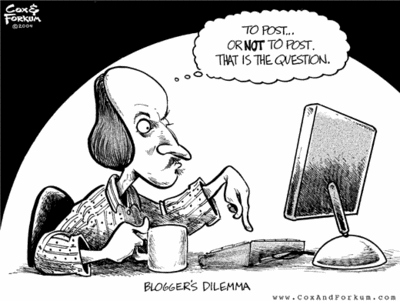
I personally welcome this democratic exercise. As for the meeting, so far I have not seen any initiative from the other side: maybe they are even less interested than we are. I hope there is, and I am still up for meeting. My personal agenda for any such meeting I have already made public. What you see is what you get.